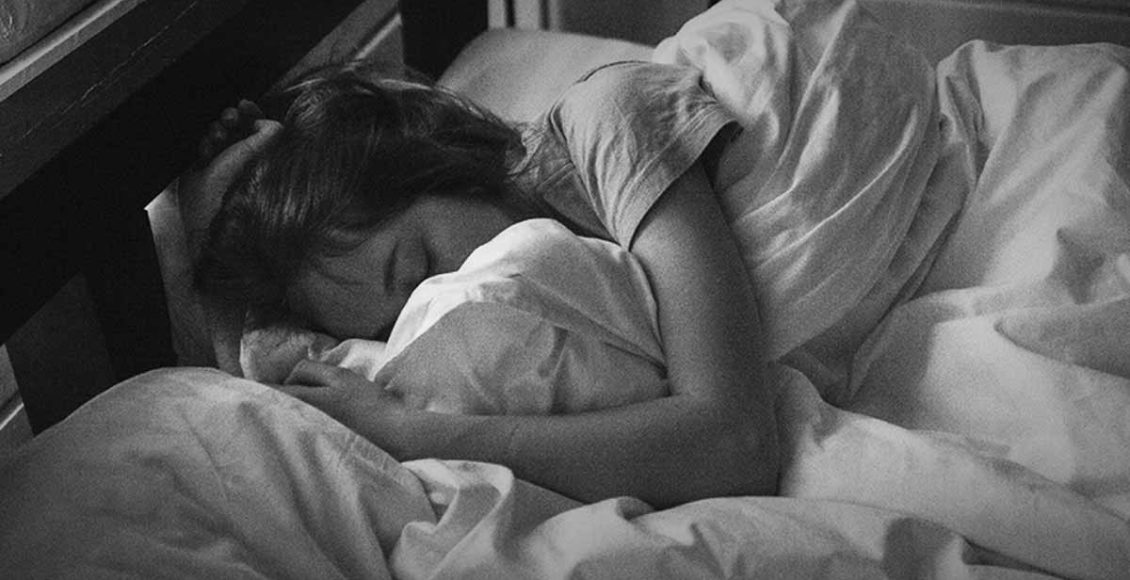It is science: women tend to use more of their actual brain than men do, and that is why they have a greater sleep need than their male counterparts.
Jim Horne, sleep neuroscientist and director of the Sleep Research Centre at Loughborough University explains that phenomenon with the fact that women are born multitaskers and expose themselves to strenuous activities. Horne, who also wrote the book Sleepfaring: A Journey Through The Science of Sleep, elaborates on the subject:“The more of your brain you use during the day, the more of it that needs to recover and, consequently, the more sleep you need.”… “One of the major functions of sleep is to allow the brain to recover and repair itself.” … “Women tend to multi-task — they do lots at once and are flexible — and so they use more of their actual brain than men do. Because of that, their sleep need is greater.”
As Horne puts it: “Women’s brains are wired differently from men’s and are more complex, so their sleep need will be slightly greater. There might be some exceptions in the male realm, though. “A man who has a complex job that involves a lot of decision-making and lateral thinking may also need more sleep than the average male — though probably still not as much as a woman.” But what does “less” and “more” sleep mean, quantified, as we compare women to men? To cite Horne once more, that is“20 minutes more, but some women may need slightly more or less than this.” Of course, sleep duration will vary from person to person, but to grasp an idea of the sufficient doses of sleep according to age, let’s refer to a 2015 panel agreement, issued by the National Sleep Foundation. The panel consented that 7-8 hours of sleep for older adults is a healthy norm.
Having this context in mind, we might further cite another research that focuses on women’s sleep habits. It was carried out by University of Texas Medical Branch, Galveston, TX, U.S.’s scientists Sara Nowakowski, PhD, Jessica Meers, MA, and Erin Heimbach, BS, and examines factors that cause sleep deprivation in women. The study reveals that periods of reproductive hormonal changes, including the menstrual cycle, pregnancy, postpartum perod, and menopause, are related to increased insomnia levels.
Getting enough sleep is essential for your daily performance, and sleep deprivation is linked to high levels of depression, anxiety, hostility and anger, especially in women. In Jim Horne’s opinion, “These feelings were not associated with the same degree of sleep disruption in men”.
That said, you probably would not like to disturb your female counterpart’s sleep habits anymore, would you?
You might even wish to share with your girlfriend or partner the following piece of advice so that she can establish healthier sleep patterns:
- establish a steady going to bed routine, which involves putting your head down at approximately the same time each night, so that the brain learns to “slow down”;
- practice meditation, as it helps the brain settle down and relax. You might be surprised by a study published in the Jama Internal Medicine journal that was conducted among two parallel groups of middle-aged and older adults with moderate sleep disorders. The research suggested that mindfulness meditation might be more efficiant in improving sleep than a sleep hygiene education;
- practice yoga, as its specific postures help the body relax;
- consider having a dose of melatonin – the hormone that is known to reduce falling asleep time. Indeed, it is linked to improved sleep habits, but bear certain scepticism about it as well.
Author: Ruslana Pumpalova



